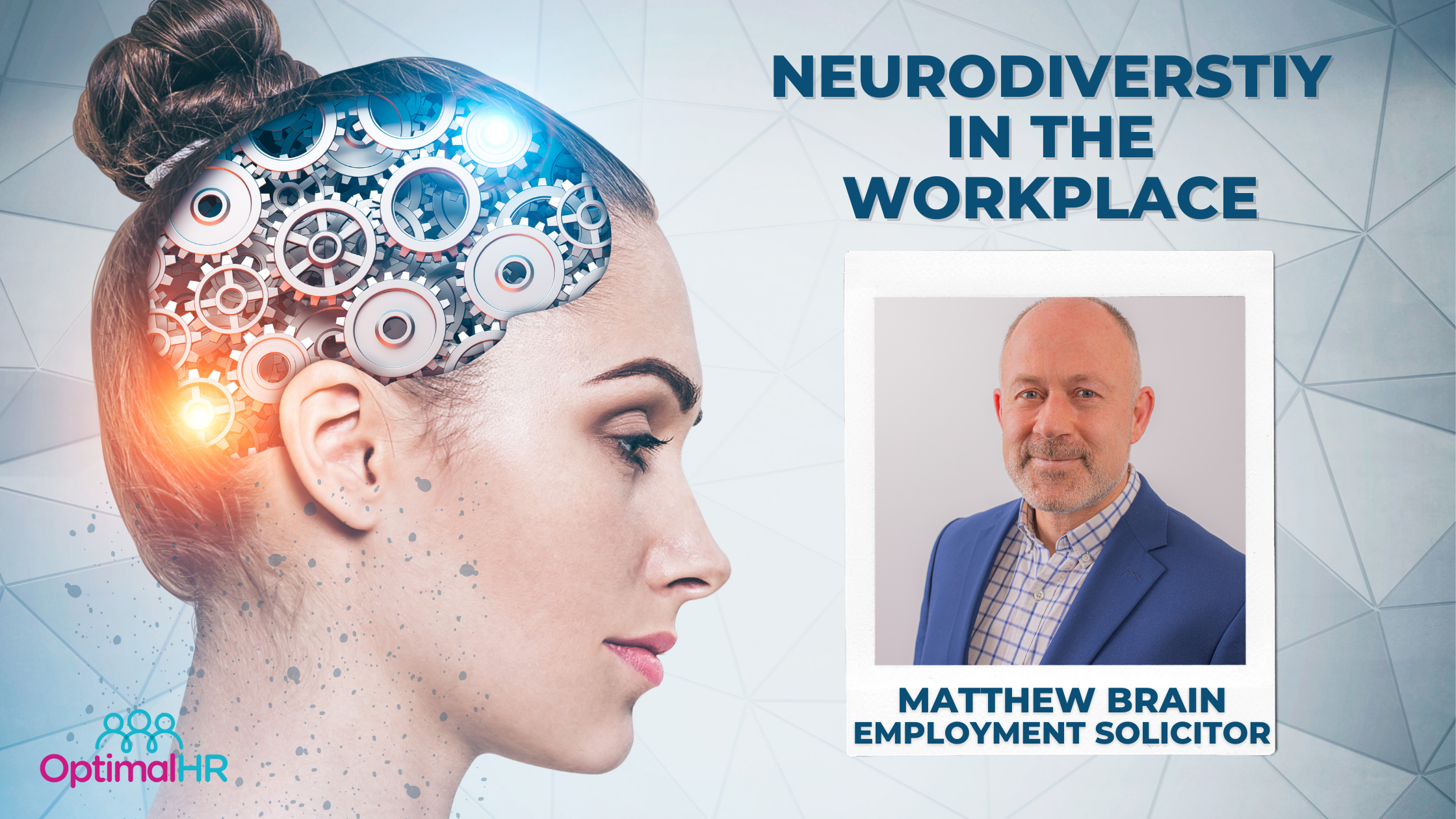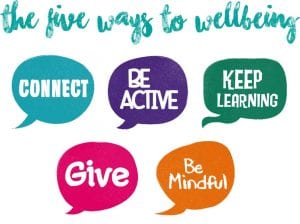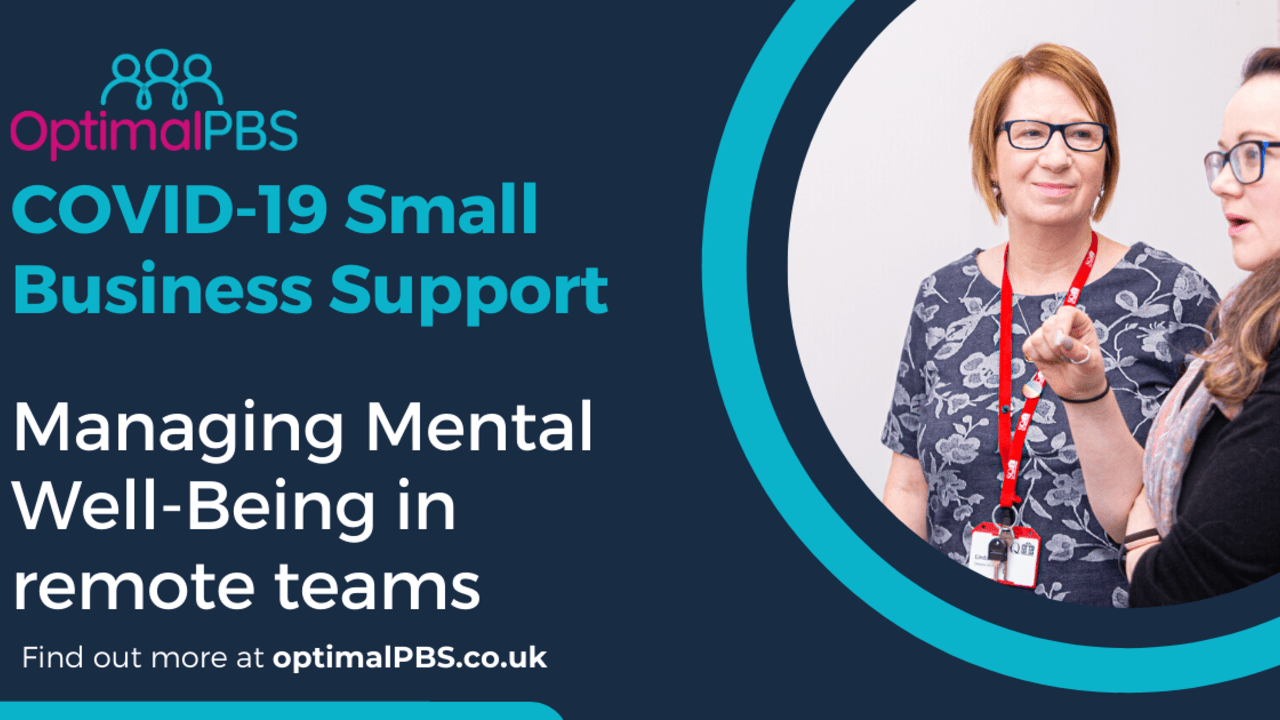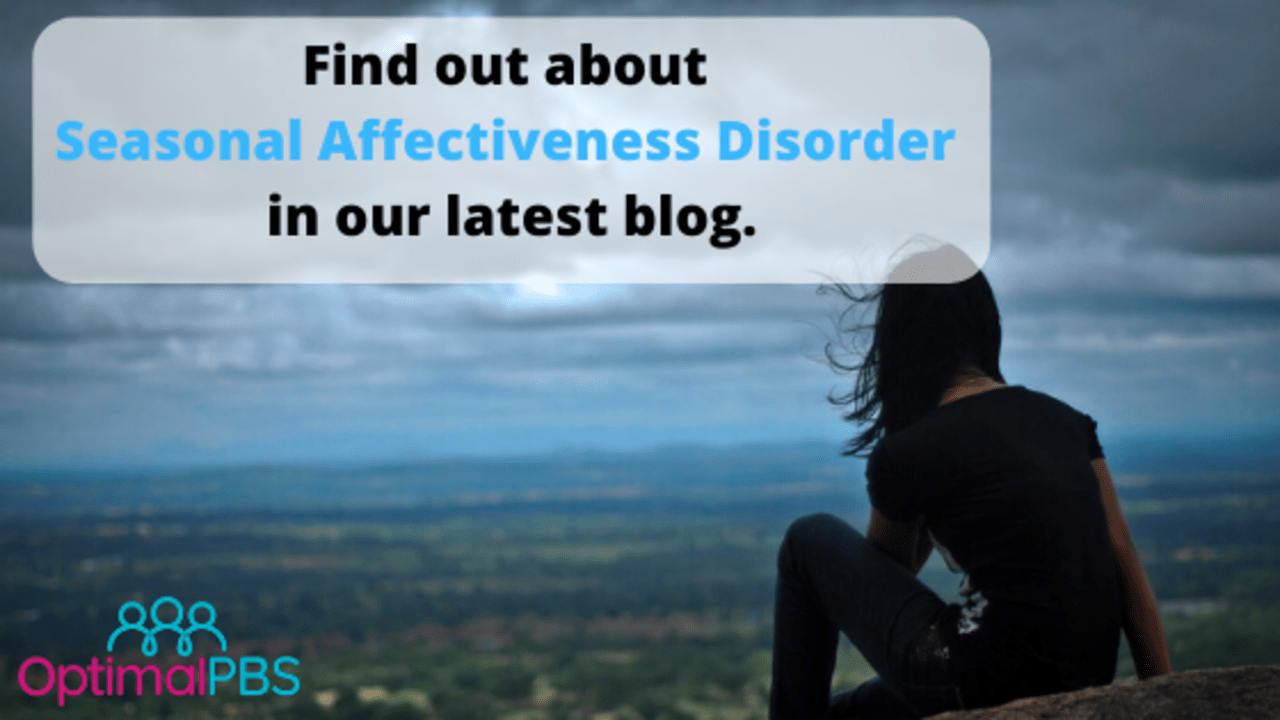Poor mental health is a widespread issue that affects millions of people around the world. It can manifest in different ways and can impact a person’s daily life, relationships, and overall well-being. In this blog, we will explore what poor mental health is, its common causes, and how it can be managed.
What is Poor Mental Health?
Mental health refers to a person’s emotional, psychological, and social well-being. It impacts how we feel, think, and behave in our daily lives. Poor mental health occurs when a person experiences mental health issues that negatively impact their ability to function effectively. This can include conditions such as depression, anxiety, bipolar disorder, schizophrenia, and eating disorders, among others.
Common Causes of Poor Mental Health
Poor mental health can arise from a variety of factors, including biological, environmental, and lifestyle factors. Some common causes of poor mental health include:
- Trauma – Experiencing a traumatic event such as abuse, neglect, or violence can lead to poor mental health outcomes.
- Genetics – Some mental health conditions such as bipolar disorder and schizophrenia can be inherited.
- Chemical imbalances – A chemical imbalance in the brain can contribute to mental health conditions such as depression and anxiety.
- Substance abuse – Substance abuse can lead to poor mental health outcomes, such as addiction and depression.
- Social isolation – Social isolation and loneliness can lead to poor mental health outcomes, particularly in older adults.
Managing Poor Mental Health
Poor mental health can have a significant impact on a person’s daily life, relationships, and overall well-being. However, there are steps that individuals can take to manage poor mental health, including:
- Seeking professional help – Talking to a mental health professional can provide support, guidance, and treatment for poor mental health outcomes.
- Practicing self-care – Engaging in activities that promote physical and emotional well-being, such as exercise, meditation, and spending time with loved ones, can help manage poor mental health.
- Building a support network – Building a support network of friends, family, and other trusted individuals can provide emotional support and help manage stress.
- Managing stress – Practicing stress management techniques, such as deep breathing, mindfulness, and relaxation techniques, can help manage poor mental health outcomes.
In conclusion, poor mental health is a common issue that can have a significant impact on a person’s daily life, relationships, and overall well-being. It can arise from various factors, including genetics, trauma, chemical imbalances, substance abuse, and social isolation. However, there are steps individuals can take to manage poor mental health, such as seeking professional help, practicing self-care, building a support network, and managing stress. It’s essential to prioritize mental health and seek help when needed to promote overall well-being and a better quality of life.
Blog written by Mel Stead, Managing Director of Optimal HR Services and Trustee of Unmasked Mental Health
In need of some HR advice? Wherever you are in the UK, you can arrange a chat with one of our friendly professional HR advisors at any time.
Call us on 0330 0881857 or email enquiries@optimal-hr.co.uk










